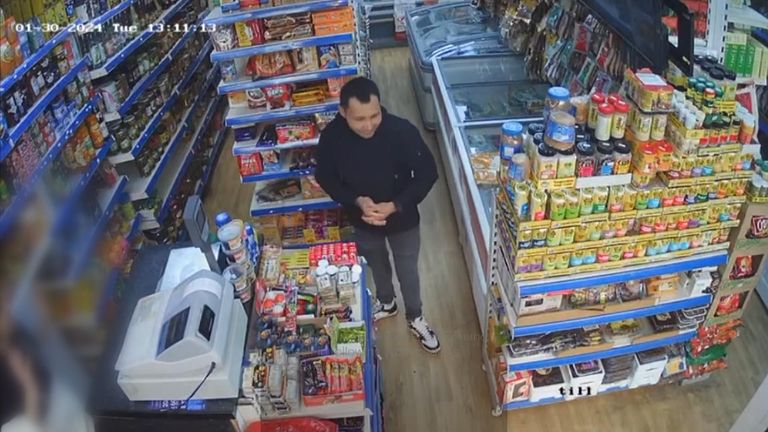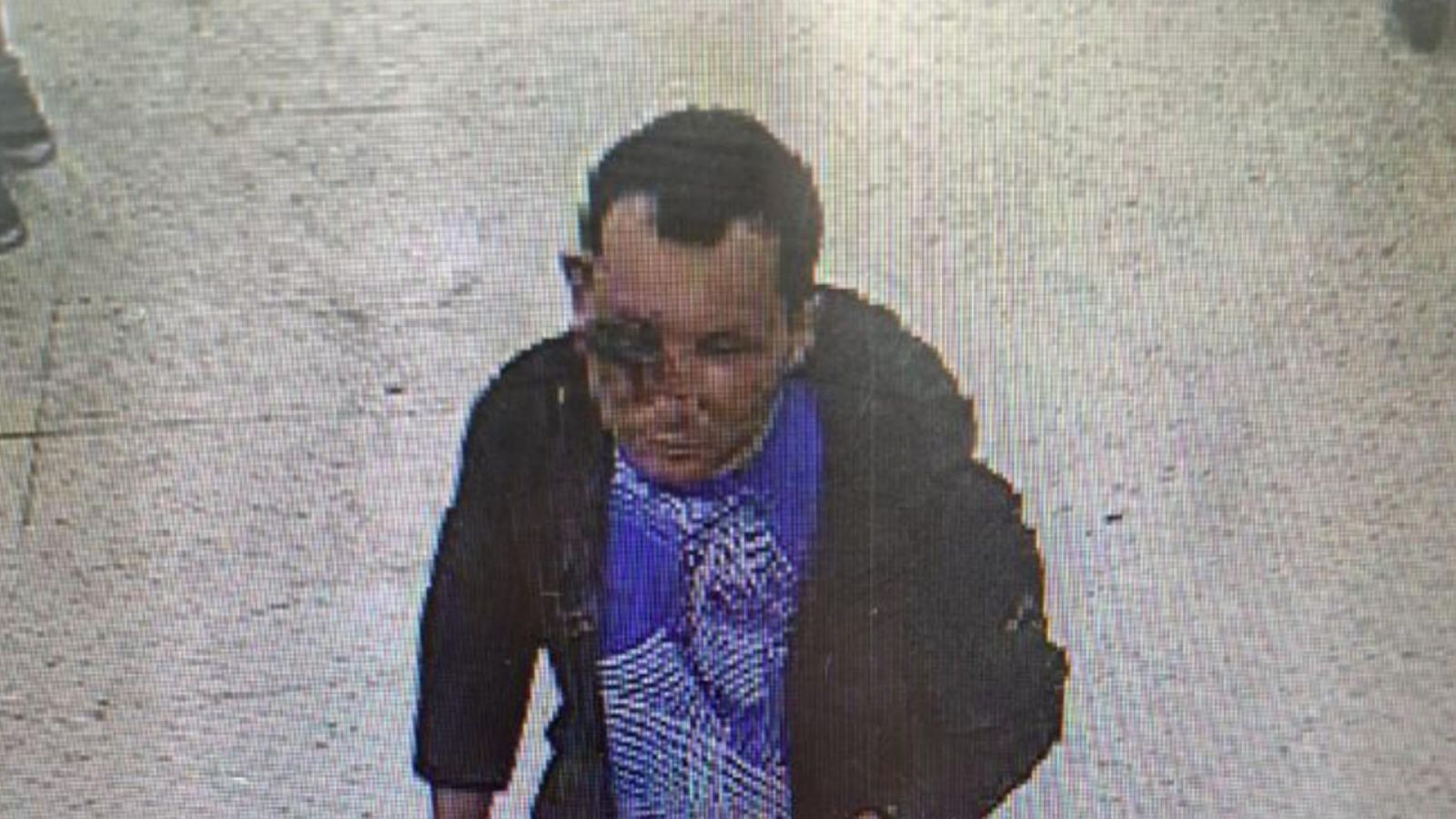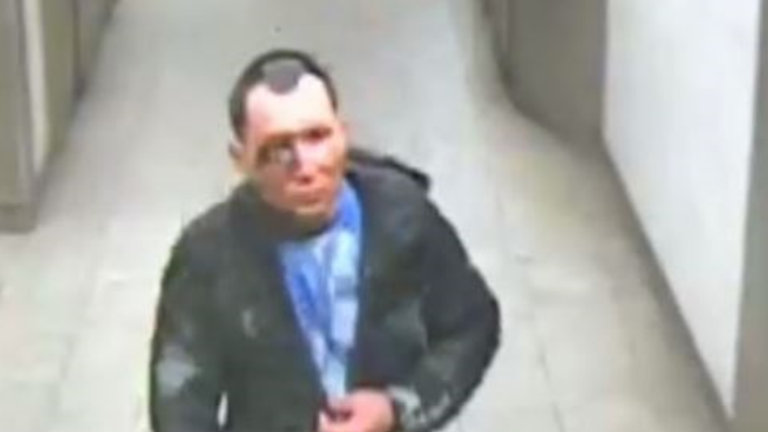
A bishop has defended the clergy’s role in helping asylum seekers with their claims after politicians linked their assistance to abuses in the asylum system, following the case of chemical attack suspect Abdul Ezedi.
Bishop of Chelmsford, Guli Francis-Dehqani, said it was “saddening” to hear such comments, as religious leaders are “supporting people who are often deeply vulnerable and traumatised”.
A national manhunt for Ezedi began on Wednesday, after a corrosive liquid attack on a mother and two children in Clapham, southwest London.
Following the attack, former immigration minister Robert Jenrick referred to “spurious” claims by people in the asylum system that they have converted to Christianity “aided and abetted by often well-meaning but naive vicars and priests”.
Former home secretary Suella Braverman, writing in the Sunday Telegraph, said during her time in office she “became aware of churches around the country facilitating industrial-scale bogus asylum claims”.
Ezedi, believed to be from Afghanistan, convinced officials to allow him to stay in the UK in 2020, understood in part thanks to a priest who vouched for his commitment to Christianity, following conversion.
He had twice been rejected for asylum by the Home Office, according to reports, once shortly after he came to the UK in 2016, and again in the wake of his prosecution in 2018.
Bishop Guli, who came to the UK aged just 13 in the wake of the 1979 Iranian Revolution, called the Clapham attack “shocking and brutal”.
She wrote in the Telegraph: “Because the alleged perpetrator has been reported as someone seeking asylum in the UK on grounds of conversion to Christianity, some, including senior politicians, have questioned the role of churches and other faiths in supporting those who seek our help and protection here.”
Read more from Sky News:
New sighting of Ezedi as man arrested for hiding suspect
As it happened: Manhunt search
As a Christian leader, she said she makes “no apology for our involvement in supporting people who are often deeply vulnerable and traumatised.
“But churches have no power to circumvent the government’s duty to vet and approve applications – the responsibility for this rests with the Home Office.”
Religious ministers from all denominations occasionally provide statements of support to people seeking asylum, “but it is wrong to think of this as some sort of magic ticket”.
She added: “The notion that a person may be fast-tracked through the asylum system, aided and abetted by the Church is simply inaccurate.”














